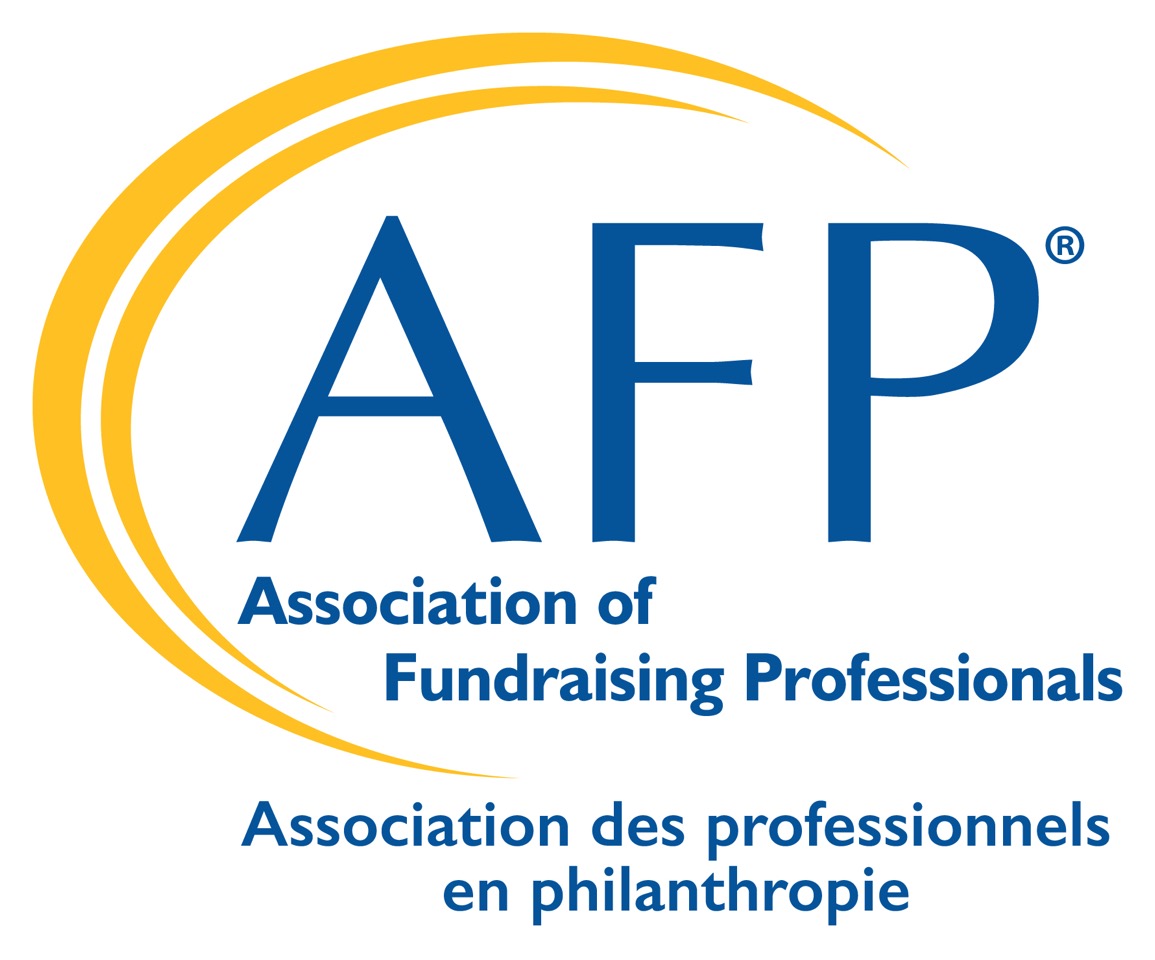A Significant Contribution in How to Approach and Appeal to Women Donors

Women and men tend to give somewhat differently.
Feminism is about shifting the way things are done.
There is much to be done to improve gender analysis, equity and empowerment in the fundraising field.
These are the underlying assumptions of a new report by Juniper Glass, Donor Engagement of Women in Canada: Insights on Fundraising Programs and Practices, which seeks to disseminate the learning and challenges faced by fund development professionals implementing various methods of engaging women donors.
Glass is a specialist in strategy, partnership development and research with a focus on philanthropy and social change. She has worked in the nonprofit sector for more than 20 years and has a Master of Philanthropy and Nonprofit Leadership from Carleton University. The report is the latest research funded by AFP Foundation for Philanthropy - Canada.
“My ears perk up when I hear anything related to women and philanthropy,” says Glass. “But more and more I heard the same conversation in Canada. The story would rarely go past the gender differences in giving and the positive potential of women’s growing wealth and financial decision-making power. Great! But how are Canadian nonprofits actually engaging women as donors? And what are they learning from their practice? I was inspired to create this research project by these practical questions.”
The report points out that Canadian women are quickly gaining wealth and that “over the next decade, women will have more assets and power to make decisions about philanthropic and investment contributions than ever before.” Glass cites research by T.D. and Strategic Insight which estimates that $900 billion of inherited assets will flow to Canadian women in the next 10 years.
Coupling that assessment with the ideas that women are significantly more likely than men to believe that charitable organizations make communities better, and that it is in their power to help improve the welfare of others, the question becomes how can charities be more effective at appealing to women donors?
The study reviewed 72 examples of initiatives that specifically engage women donors across Canada, interviewed 16 fundraising professionals who had experience with a women-focused donor engagement program, along with eight women donors, and conducted a videoconference focus group with 8 experts in gender, philanthropy, inclusion and donor engagement.
The programs studied in the report reflect a wide range of nonprofits: from arts and culture to international development, the environment, health and hospitals.
“One of the things that really stood out for me as we were conducting our interviews was how many fundraisers are feminists! And how thirsty fundraisers are to exchange about their in-depth approaches to engaging diverse donors, rather than just staying at a surface level,” says Glass.
In the program scan of women donor engagement, it was found that 46 percent of women gave to fund programs specific to women and girls while 54 percent gave to non-gender specific programs.
“Our findings indicate that the main thing that donor engagement programs focused on women need to do is look at their donor base differently, find women who are deeply committed and co-create the approach with them,” Glass explains. “There is no cookie-cutter women’s program that will work for everyone. Successful programs are inventive and really listen and adapt. The other major factor of success is taking gender equity seriously at all levels of the organization—women are more interested in supporting organizations when they see female leaders, board members and deep respect for all women embedded in the organization.”
The report is a useful addition to any fundraiser’s tool chest, providing a comprehensive set of options for people who want to appeal to women donors. From program branding to continuity and skills of staff, the report is an expertly written guide.
Glass says, “The main point we wanted to get across with this report is that this is a rich area of practice. It is worth our time—as fundraisers, as organizations, as a nonprofit sector— to delve more deeply into the power and potential of women as leaders in all ways, including as donors, to create the just, health communities we want.”
Glass, her colleagues and the research participants have made a significant contribution in how to approach and appeal to women donors. And it serves as a best practice example of how the information contained in the research funded by AFP Foundation for Philanthropy – Canada can be applied by fundraisers on the ground.
“I really hope this research is a catalyst for a wider, deeper conversation and practice sharing about applying gender equity to nonprofits and fundraising,” she concludes.
To download the full report, click here.





